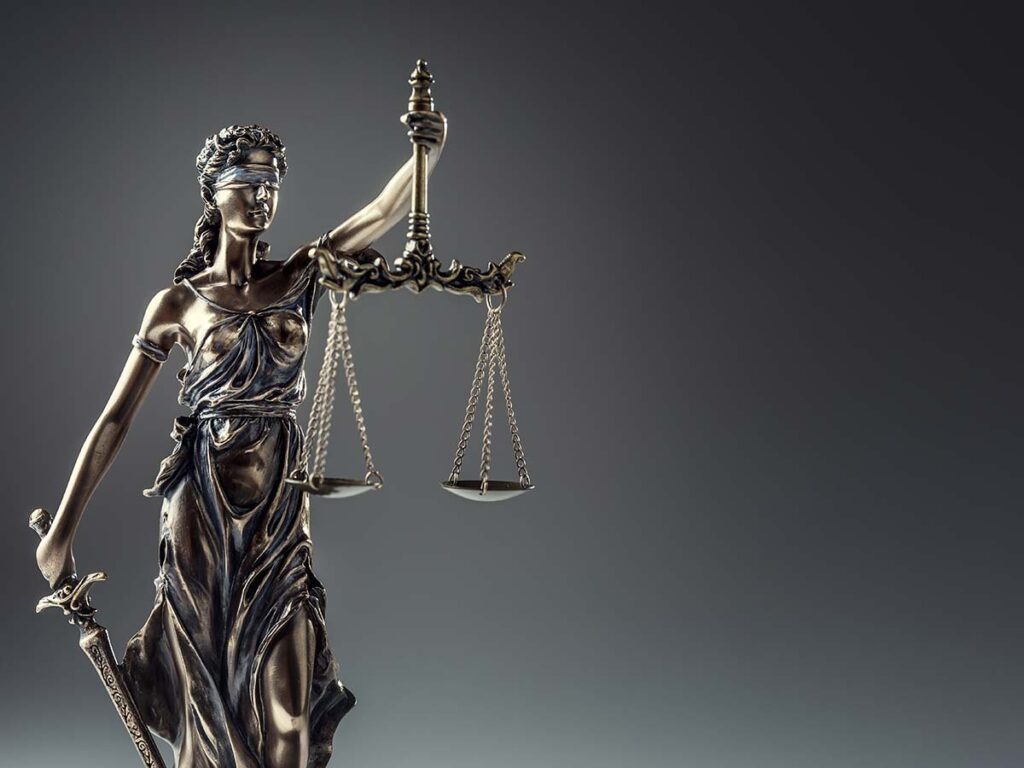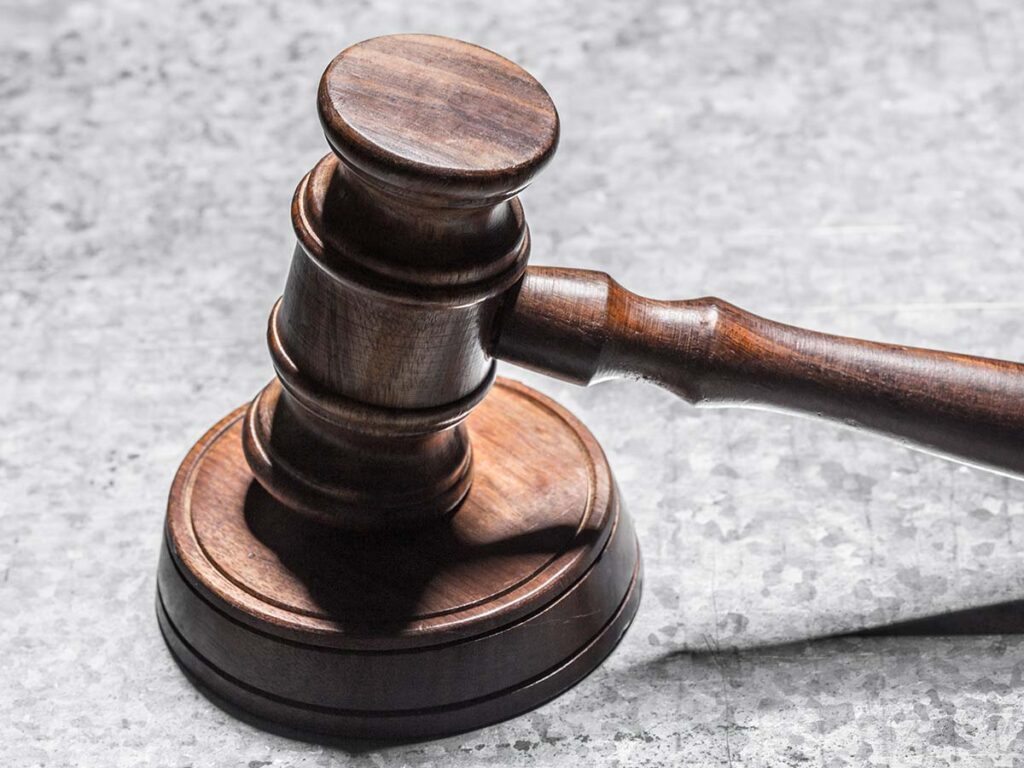Can Witness Statements Strengthen Your Injury Case?
When you’ve been injured in an accident, proving what actually happened can be the most difficult part of your personal injury claim. In many personal injury cases, strong witness statements can make the difference between a denied claim and a favorable settlement. But how exactly do they help?
Whether the injury occurred in a car accident, slip-and-fall, or another type of incident, witness testimony plays a crucial role in establishing liability and supporting your version of events. In this guide, we explore how witness statements strengthen your case, how to gather and prepare them effectively, and why they can be a deciding factor in the outcome of your claim.

The Importance of Witness Statements in Personal Injury Cases
Witness statements serve as objective accounts of how the accident occurred. A credible eyewitness account can corroborate physical evidence, provide key details, and directly challenge conflicting statements from the opposing party. In injury cases where the facts are disputed, statements from people who saw the incident unfold can significantly strengthen your position.
Witnesses in personal injury cases are especially important when:
- There is no video footage of the accident
- The involved parties offer conflicting versions of events
- Fault needs to be clearly established
- Additional clarity is needed regarding the sequence of events leading to the injury
These statements often form a crucial piece of the puzzle, helping your personal injury attorney present a well-supported claim during settlement negotiations or in court.
How Witnesses Help Establish Liability
Establishing fault in a personal injury lawsuit often requires more than just physical evidence or medical records. Witnesses can offer firsthand accounts that detail exactly how the accident occurred. Whether it’s a car accident case or an injury at a place of business, the testimony of independent witnesses can provide unbiased, detailed accounts that support your claims.
Eyewitness testimony can help:
- Establish key details surrounding the incident
- Confirm how the accident happened and who was at fault
- Challenge the credibility of the opposing party
- Highlight whether safety protocols were ignored
- Offer an objective description of injuries observed immediately after the accident
Because insurance companies often question liability, credible witnesses help counter skepticism and add weight to your narrative.
Types of Witnesses That Can Strengthen Your Claim
Not all witnesses are the same. The value of a witness statement often depends on the witness’s relationship to the incident and their ability to recall and communicate facts clearly.
The most helpful witnesses include:
- Independent witnesses with no personal connection to the involved parties
- Bystanders who saw the accident firsthand
- Expert witnesses like accident reconstruction specialists or medical professionals
- Character witnesses who can attest to your condition before and after the incident
The presence of multiple witnesses, especially those who can provide consistent and objective accounts, can significantly improve your injury case’s strength.
Gathering and Preparing Witness Statements
To secure witness statements effectively, your personal injury lawyer will move quickly to identify, contact, and interview potential witnesses. It’s essential to collect these statements as soon as possible after the incident occurred, while memories are still fresh.
A personal injury attorney will help you:
- Secure witness statements in writing or recorded form
- Prepare witnesses for depositions or court trials
- Review police reports and cross-reference them with witness testimony
- Analyze evidence such as photos and the accident scene with witness input
- Identify any conflicting evidence or inconsistencies in versions of events
Your legal team may also bring in expert testimony to support or interpret the eyewitness accounts, especially when physical evidence is limited.

How Witness Testimony Influences Insurance Companies
Insurance companies play a significant role in how personal injury claims are resolved, and they often rely heavily on witness testimony when evaluating who is at fault. Reliable witness accounts can force insurers to reconsider a claim they initially intended to deny or undervalue.
In car accident claims, for example, eyewitnesses can help demonstrate that the other driver was speeding, distracted, or otherwise negligent. In slip-and-fall cases, a witness might confirm that no warning signs were present or that a hazardous condition existed for an extended period.
Eyewitness accounts are often seen as vital evidence, and when supported by medical records, police reports, and other evidence, they can result in a successful outcome for the injured party.
Learn more about how witness statements strengthen your injury case. Call Greenstein & Pittari, LLP at (800) 842-8462 to schedule your free, no-obligation consultation. You can also reach us anytime through our contact page. Let us help you take the first step toward justice and recovery.
FAQs: How Witness Statements Impact Injury Cases in NYC
How do witness statements help in personal injury cases?
They provide unbiased, objective accounts that can support your version of events, especially when physical evidence is lacking or when parties involved disagree about what happened.
What kind of witnesses are most valuable in a personal injury claim?
Independent witnesses with no personal stake in the outcome, such as bystanders or nearby observers, are typically the most credible. Expert witnesses also add value by analyzing how the accident occurred.
Can a written statement from a witness be used in court?
Yes. Written statements, especially those taken shortly after the accident, can be powerful in both settlement negotiations and court proceedings.
Do I need to prepare my witnesses before they testify?
Yes. Your attorney will help prepare witnesses by reviewing their statements, ensuring they understand what to expect, and confirming that their accounts are consistent and clear.
How do insurance companies treat witness testimony?
Insurers take witness testimony seriously, especially if it corroborates your claim. A credible eyewitness account can influence the insurance company’s decision on liability and compensation.
What happens if there are conflicting witness statements?
When witness statements conflict, your lawyer will work to highlight inconsistencies, emphasize the most reliable testimony, and supplement the case with other evidence like police reports or expert analysis.
